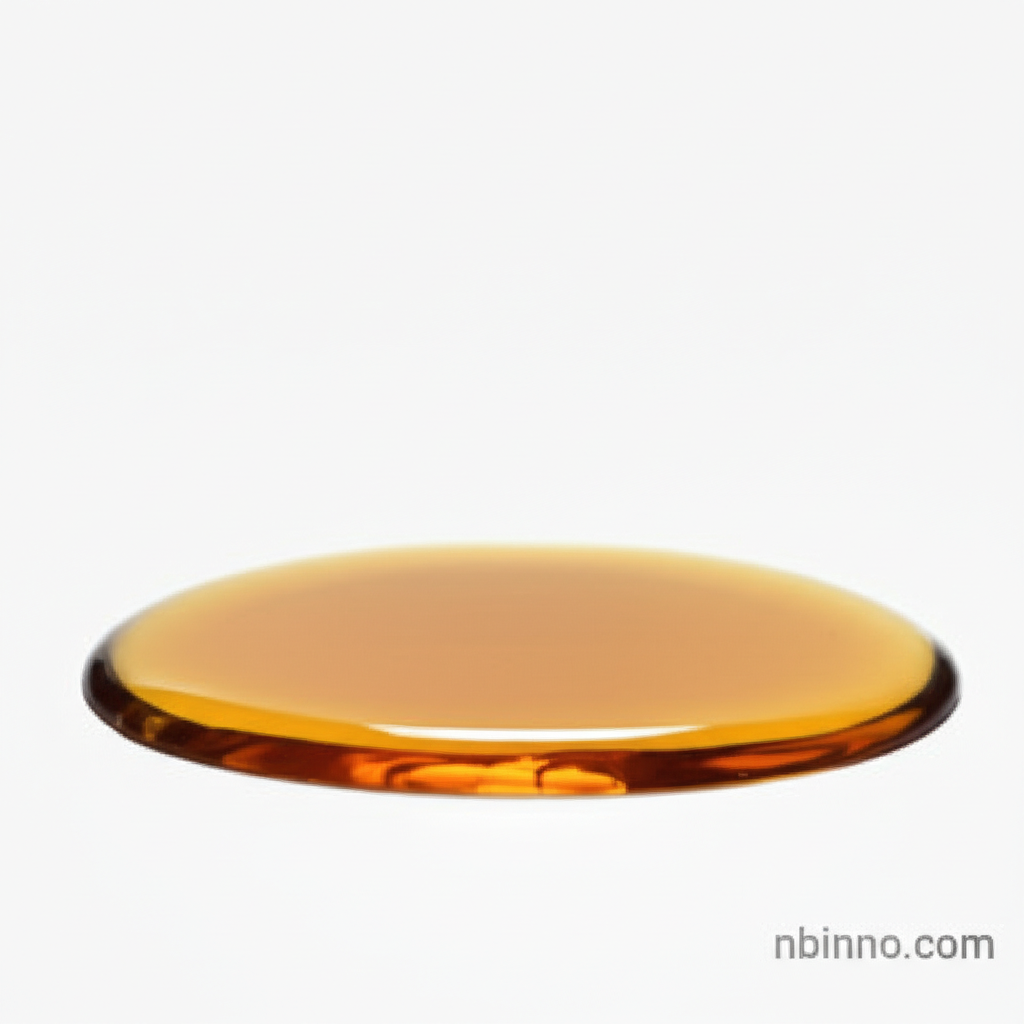Sorbitan Monolaurate (CAS 1338-39-2): Your Key Emulsifying Agent
Discover the versatile properties and applications of Sorbitan Monolaurate, a leading surfactant for your formulations.
Get a Quote & SampleProduct Core Value

Sorbitan Monolaurate
Sorbitan Monolaurate, identified by CAS 1338-39-2, is a highly effective nonionic surfactant renowned for its emulsifying capabilities. It plays a crucial role in stabilizing oil-in-water and water-in-oil emulsions, making it indispensable in numerous industrial and consumer products.
- Understanding the Sorbitan Monolaurate chemical name is crucial for accurate sourcing and application.
- The Sorbitan Monolaurate appearance as a clear amber to brown viscous liquid indicates its purity and form.
- With a Sorbitan Monolaurate hydroxyl number of 330-360 mgKOH/g, it offers excellent reactivity for esterification.
- The Sorbitan Monolaurate saponification number of 160-175 mgKOH/g highlights its suitability for various formulation needs.
Key Advantages of Sorbitan Monolaurate
Exceptional Emulsification
Leverage the power of Sorbitan Monolaurate to create stable emulsions, a critical aspect when exploring various surfactant applications.
Versatile Formulation Aid
This chemical auxiliary agent can be seamlessly integrated into formulations, enhancing product texture and performance. Many seek to buy sorbitan monolaurate 1338-39-2 for its broad utility.
Consistent Quality
The specified sorbitan monolaurate properties, including its hydroxyl number, ensure reliable results in diverse manufacturing processes.
Key Applications
Cosmetics and Personal Care
Sorbitan Monolaurate is widely used in cosmetics for its emollient properties and as an emulsifier, contributing to smooth textures in creams and lotions. Effectively improving product stability is a key benefit.
Food Industry
As a food additive, it functions as an emulsifier and stabilizer, enhancing the texture and shelf-life of various food products. Understanding the sorbitan monolaurate chemical name is vital for food safety regulations.
Industrial Lubricants
In industrial settings, it serves as a component in lubricants and cutting fluids, providing emulsification and enhancing performance under demanding conditions. Its role as a chemical auxiliary agent is significant.
Textile Processing
The textile and dyeing auxiliaries sector utilizes Sorbitan Monolaurate for its wetting and dispersing properties, aiding in dyeing and finishing processes. Many companies actively seek to buy sorbitan monolaurate 1338-39-2 for these needs.
